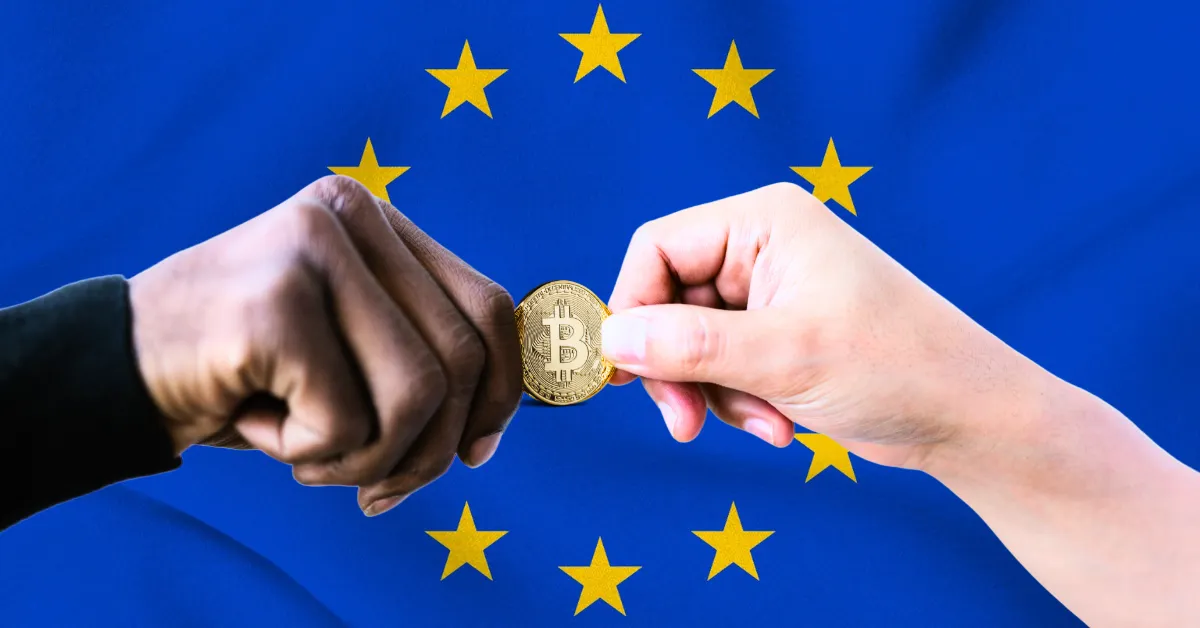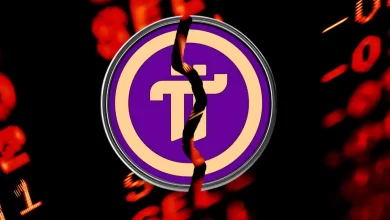
EU plans to enforce full transparency on crypto transactions, targeting senders and receivers.
New AML laws will ban anonymous wallets and privacy coins like Monero and Zcash by 2027.
Eurogroup President Donohoe calls for stronger oversight through crypto asset service providers.
Well folks, the era of anonymous crypto transactions in Europe is on its final countdown.
Speaking at the European Anti-Financial Crime Summit 2025 in Dublin, Eurogroup President and Ireland’s Finance Minister Paschal Donohoe laid out the EU’s plans to ramp up transparency across crypto transactions. Regulators are coming for the black box of crypto.
So what exactly is changing and how deep does this go? Let’s break it down.
Crypto Transfers Under the Microscope
Donohoe revealed that the EU is working on a legislative “reclass of performance transfer mechanisms,” which would extend traditional finance-style oversight to crypto asset service providers (CASPs).
“Specifically, to record data on the senders and recipients of funds, [so it] now applies to crypto asset service providers,” Donohoe said during his keynote. The push, he emphasized, is about expanding regulatory scope to “deal with crypto transparency issues.”
You know they’re being serious because it’s the latest move in a years-long strategy to tighten the EU’s grip on crypto – and if you’ve been watching closely, you’ll know this has been building for a while.
Regulators want to dive headfirst into the blockchain pool, armed with the full weight of the AML agenda.
The AML Package: No Room for Anonymity!
The EU’s AML Authority (AMLA) is being positioned as the central force to enforce the new rules. Donohoe called it a “landmark development,” stressing that “closer cooperation and coordination is absolutely critical.”
And the changes go beyond today’s announcements.
Under the AMLR framework – officially passed in 2023 – crypto firms will be barred from interacting with anonymous wallets and privacy-focused coins like Monero ($XMR) and Zcash ($ZEC). These restrictions will take full effect by July 1, 2027.
In fact, regulators plan to block IP addresses of non-compliant decentralized exchanges, marking one of the most aggressive regulatory crackdowns the crypto space has seen yet.
DeFi’s Dilemma
Critics are not staying quiet about this. Unity Wallet COO James Toledano warned that while these rules mimic traditional banking, they don’t fit well with crypto’s decentralized structure.
He added, “They can and will be easily circumvented as self-custodial crypto is truly global.”
Still, the EU isn’t backing down. Transparency is becoming law.
Never Miss a Beat in the Crypto World!
Stay ahead with breaking news, expert analysis, and real-time updates on the latest trends in Bitcoin, altcoins, DeFi, NFTs, and more.
What Brussels is telling us is: if crypto wants to stay in the game, it has to start playing by traditional rules. Good move or bad? You decide.
FAQs
The EU will require crypto firms to record sender and recipient data to combat anonymous transactions by July 2027.
The AMLA is the EU’s new authority enforcing anti-money laundering laws, including crypto transparency rules.
The EU plans to block IPs of non-compliant DeFi platforms, pushing them to follow AML rules or face access bans.








